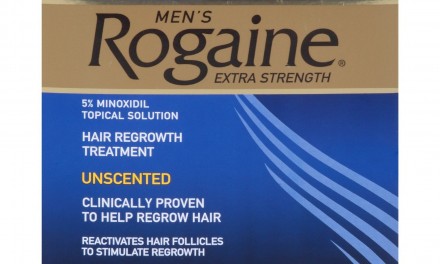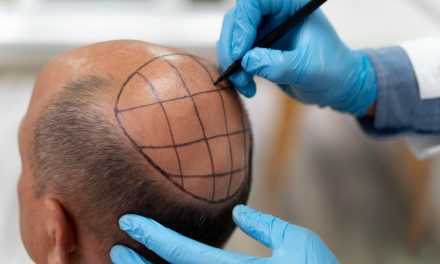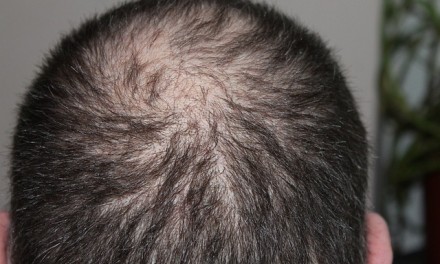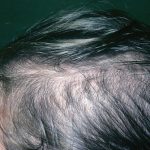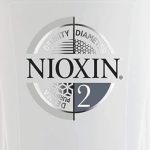Herbal hair loss treatment is often used to reduce the negative effects of male pattern baldness. Using certain hair loss vitamin products or herbal hair loss remedies can inhibit the DHT enzyme, which is the main cause for hair loss problems, and thus will help to prevent hair loss problems, commonly associated with men.
Saw Palmetto
An alternative to the chemically engineered drug finasteride (Propecia) is represented by saw palmetto oil. The herbal hair loss treatment represented by the oil works by acting as an anti-androgenic and diminishing the effects of DHT.
A study by the Turkish Journal of Dermatology found that 48% of their patients found growth by using saw palmetto and 10% trichogen veg complex (TVC) topical treatment. Another study showed increased follicle growth and decreased inflammatory response were significantly promoted by the use of saw palmetto extract, which is important because inflammation can harm hair follicles and interfere with their hair growth potential.
Here’s a quick video about the benefits of Saw Palmetto oil:
Mineral and vitamin supplements to fight against baldness
Among other minerals and vitamins, para-aminobenzoic acid (PABA), folic acid, biotin, vitamin B5, and silica are supplements that help preserve the health of hair. They help the hair grow stronger and thicker and they keep strong hair pigmentation.
A bit more about PABA
In clinical trials, after each meal, 200mg of PABA was administered to subjects with grey hair. Hair tests subsequently resulted in the hair returning to its original color with a 70 percent result. In a few instances, the appearance of the hair was not returned to its original color, but it still improved the hair’s condition and vigor.
Alternative hair loss treatments for men and women also include supplements of certain metals, such as copper or zinc. Hair loss is normally due to a lack of these supplements. Consult with your doctor or hair loss physician for the correct dosage of copper and zinc in your diet.
Alternative hair loss treatment with Chinese medicine
Chinese medicine has been dealing with hair loss treatment issues for hundreds of years. Chinese traditional doctors believe that male baldness and general hair loss are linked to kidney problems. In order to prevent hair from falling, they recommend different kidney medications, usually made out of herb extracts. The following Chinese herbs have shown some promise when it comes to hair growth:
Skullcap
Fo-Ti Root
White Peony Root
Ginseng
Dong Quai
Please consult with a herbalist to go over the dosage and proper usage.
Ayurveda alternative
Two Ayurvedic herbs are often used as alternative hair loss treatment supplements: ashwagandha and amla. Different oil types are also believed to stimulate and regenerate hair growth.
Ashwagandha is also known as Indian ginseng and had been used for thousands of years. “Ashwagandha as a natural adaptogenic herb helps in controlling chronic stress and hormonal imbalances, which are the key reasons behind telogen effluvium hair loss in your body. Also, the herb benefits all Ayurvedic hair types” says Dr. Zeel Gandhi, Chief Ayurvedic Doctor at Vedix.
Amla, which is known as the Indian gooseberries is another ancient Indian herb with amazing benefits. A 2012 study published in the Journal of Ethnopharmacology found that amla extract was the second most active 5-alpha-reductase inhibitor of the 17 plants widely used for hair treatments.
Hopefully reading this article has given you some insight into some less popular alternative hair loss treatment options that you may not have known about, which may help you to fix your hair loss problem forever.
=======================================
Sources:
https://pubmed.ncbi.nlm.nih.gov/29949176/
https://www.hairscience.com/chinese-herbs-for-hair-growth/
https://www.verywellhealth.com/amla-oil-for-hair-89404
https://vedix.com/blogs/articles/ashwagandha-benefits
© 2012-2021 by BaldTalk.com. All rights reserved. No part of this document may be reproduced or transmitted in any form or by any means, electronic, mechanical, photocopying, recording, or otherwise, without prior written permission of BaldTalk.com.



